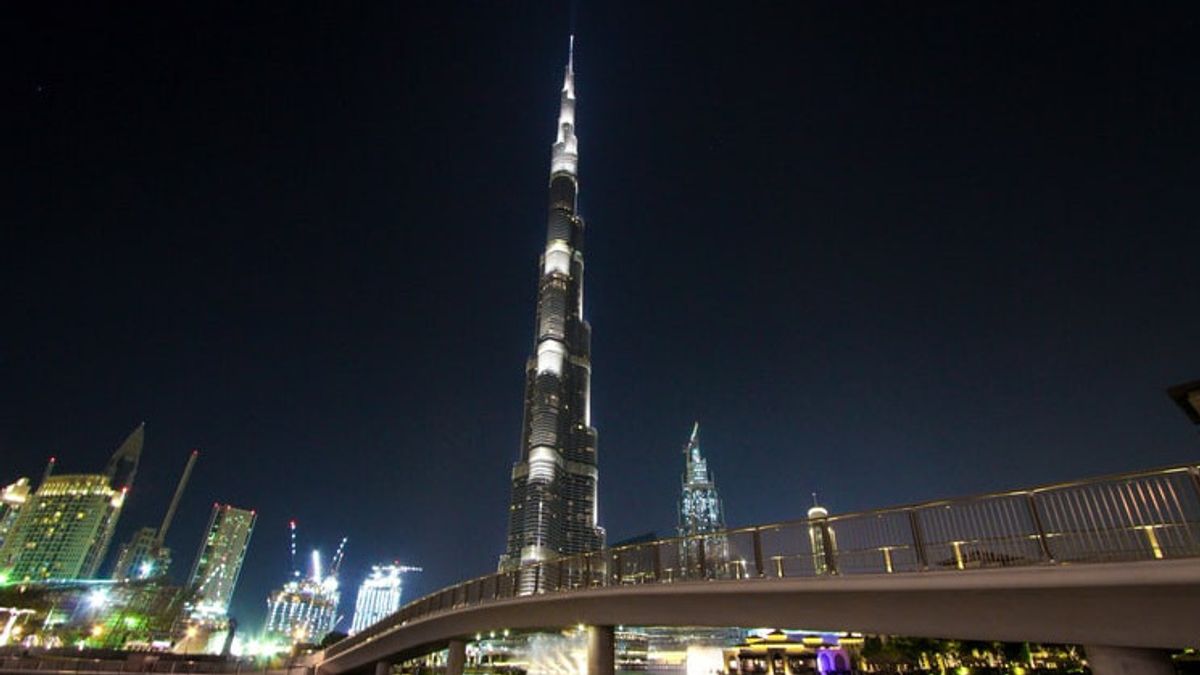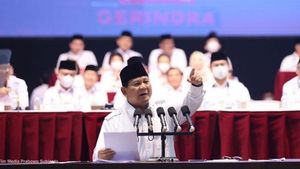JAKARTA - The United Arab Emirates (UEA) began to loosen Islamic law through regulatory reforms. This collection of Arab countries is said to have adopted an increasingly liberal approach to social freedom. So, what is the reason?
Citing CNN, Tuesday, November 10, over the weekend, the UAE announced various new rules. Some of what they explained were about the rules for decriminalizing alcohol, suicide, and lifting the ban on living together for unmarried couples. The UAE also canceled so-called "honor crimes" that provide men with light sentences who attack a female relative to protect the family's reputation.
Meanwhile, foreigners residing in the UAE can also follow their home country's laws on divorce and inheritance, rather than using UAE laws based on Islamic religious law. The UAE is a region where the number of migrants is greater than the indigenous population. This region has long had an image as a modern business and tourist destination.
The UAE has adopted an increasingly liberal approach to social freedom in recent years. This helps to attract expats to the country and retain those who are already living there. As the UAE economy contracts in 2020 due to the COVID-19 pandemic and falling oil prices, they are trying to attract expats to keep launching pension programs and ease the path to naturalization.
"The decision aims to strengthen the UAE's adherence to the importance of creating a legal environment that is compatible with cultural diversity," wrote the state news agency WAM. "The state is committed to building a competitive and safe social and economic environment."
In recent years, social conservative rules in the UAE have rarely been enforced. However, the possibility of punishing people for socially liberal behavior overshadows the majority of the population. The formalization of reforms brought relief to many of the population who were socially liberal.
LGBT rulesAlthough the UAE has begun to relax Islamic law and adopt more liberal regulations, the regulations on lesbian, gay, bisexual and transgender people are still unclear. As is well known, the UAE is still cracking down on people with homosexual sexual orientation with laws that prohibit indecent things. A person like this can be jailed for one year.
In addition, this legal reform is also unclear about practices that are still considered commonplace, such as indulging in public affection. This is because the article is still considered taboo there.
Moreover, there is no sign that the UAE plans to loosen its grip on political expression or substantially improve the rights record of tens of thousands of migrant workers. To underscore that political reform is omnipresent, the UAE ruled that any "disrespect" towards the flag of any state or state flag carries a prison sentence of up to 25 years in prison and a fine of 500,000 dirhams.
In some ways, the attitude of the UAE is similar to that of Saudi Arabia. The kingdom's de facto ruler, Crown Prince Mohammed bin Salman has fiercely brushed aside dissent while ushering in social and economic reforms. Supporters argue that the prince's iron fist is essential to pulling Saudi Arabia out of its ultra-conservative past. But rights defenders in the kingdom say that rights violations under the Crown Prince are unprecedented, even for the country's absolute monarchy.
The two countries have also imposed an embargo on its former ally Qatar and entered the war in Yemen to crush the Iran-backed Houthi rebels. This triggered a humanitarian crisis in the country.
The English, Chinese, Japanese, Arabic, and French versions are automatically generated by the AI. So there may still be inaccuracies in translating, please always see Indonesian as our main language. (system supported by DigitalSiber.id)













